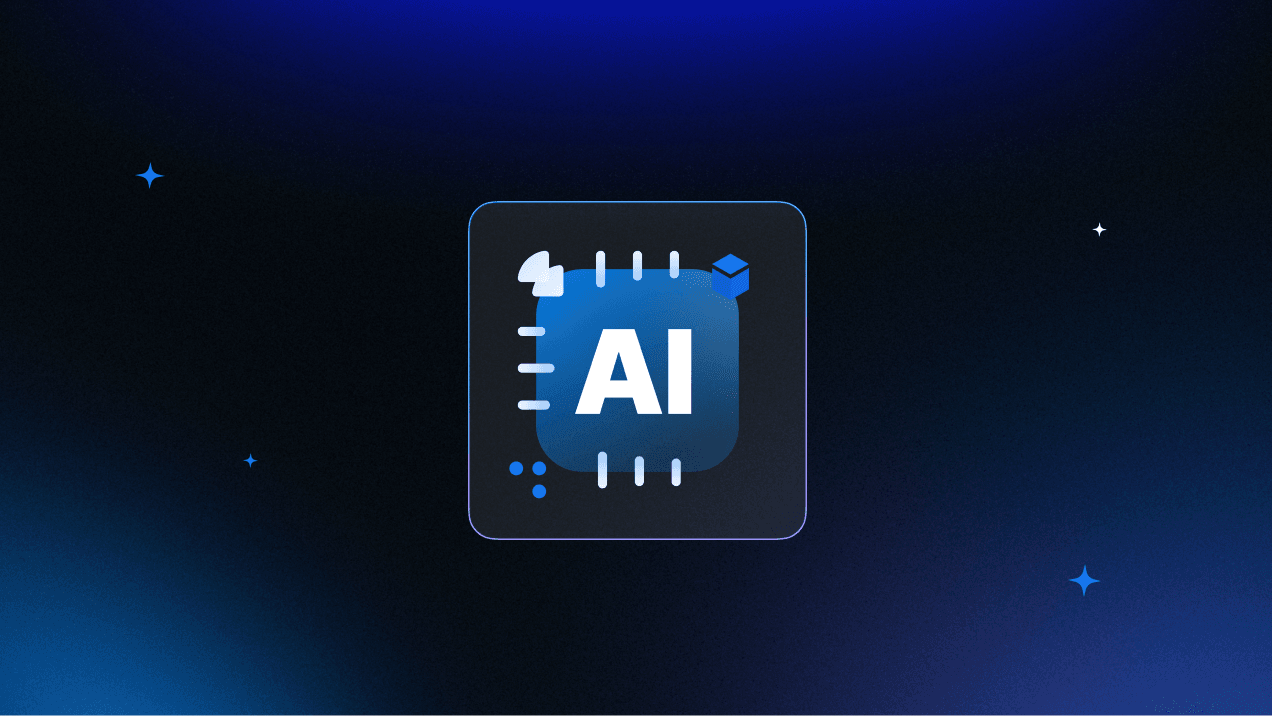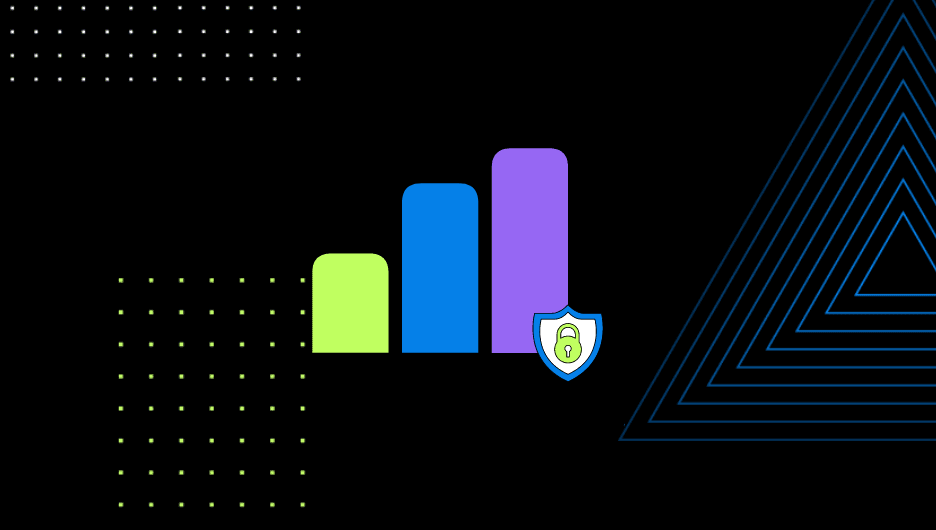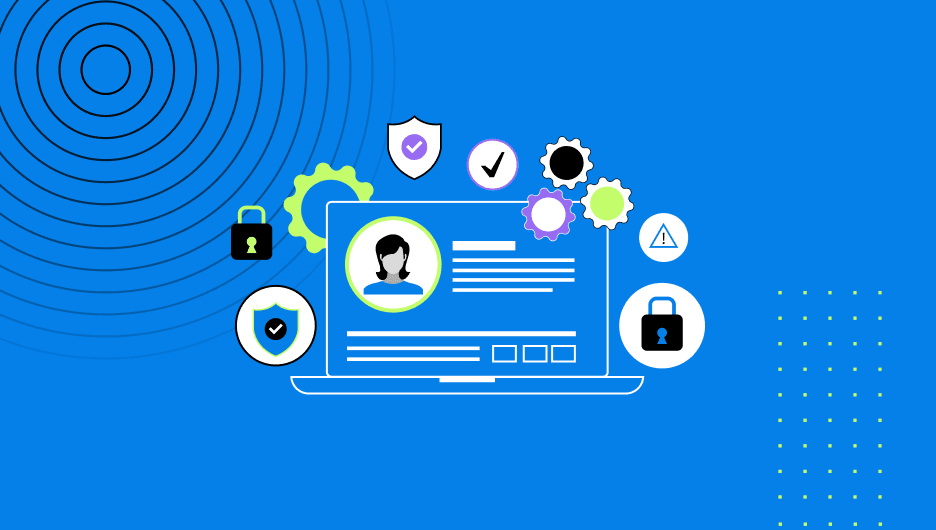The AI Dilemma: Harnessing the Power of AI While Protecting Privacy
As AI systems become more integrated into our daily lives, the privacy implications have become a critical concern.
It’s no secret that Artificial Intelligence (AI), particularly generative AI, has emerged as a transformative force, reshaping how we live, work, and interact with the world around us. As AI systems become more integrated into our daily lives, the privacy implications have become a critical concern.
Between billion-dollar lawsuits and rising cases of stolen data, the focus on data privacy has grown more intense, and the introduction of AI has businesses and consumers alike on high alert when it comes to sharing information.
This comes at a time when Google has made a $60M deal with Reddit to train their model using 1.22 billion contributing user’s data, licensing issues are cropping up, and artists are taking to technological defenses to poison their work to prevent copyright infringement.
How Does AI Collect Data?
AI systems leverage an array of data collection methods, ranging from user input and sensor data to web scraping and machine learning algorithms. These methods enable the acquisition of vast datasets, fueling the machine learning processes that underpin AI functionalities.
The scope and scale of AI data processed are staggering, encompassing massive datasets that capture intricate patterns, trends, and correlations. This extensive analysis forms the basis for AI's ability to make predictions, recommendations, and informed decisions across various applications.
Of course, extensive data collection has inherent risks, such as privacy infringements, data breaches, and the reinforcement of biases within AI models. The effort to strike a perfect balance between harnessing AI's power and safeguarding individual privacy is being felt globally.
What Protections Do Individuals Have in Place?
AI and businesses that develop these tools are still required to follow the privacy laws and adhere to the regulations in their region. The European Union (EU) has the most strict privacy regulation in the world (GDPR), and they apply to all organizations that process goods or services that are accessible to those in the EU.
The transparency section of the GDPR requires disclosure and consent if AI is used to process personal data. Privacy by design would require businesses to anonymize the dataset and design the model to prevent re-identification. If not, data subjects must be given instructions on how to exercise their rights under GDPR.
Privacy regulations in the United States encompass a combination of federal and state laws. Federally, sector-specific regulations like the Health Insurance Portability and Accountability Act (HIPAA) safeguard personal health and safety data types.
On the state level, the California Consumer Privacy Act (CCPA) stands out as the most comprehensive privacy law, endowing California residents with significant control over their personal data and imposing obligations on businesses engaged in its collection, utilization, or sale.
However, none of these regulations specifically address AI-driven data processing, which is why many governments around the world are feeling pressure to create a comprehensive federal privacy law with AI usage in mind.
What’s Being Done About AI and Privacy?
Elon Musk filed a lawsuit against OpenAI, a leader in the AI industry, earlier this month, stating he felt the company betrayed its original mission of non-profit, accessible AI. In response, OpenAI, Salesforce, and other companies signed an open letter to build and use AI responsibly while “maximizing AI’s benefits and mitigating the risks.”
A variety of reputable organizations have also stepped forward to advocate for ethical standards via the Partnership on AI (PAI), a coalition comprising influential companies, organizations, and individuals affected by artificial intelligence.
PAI serves as a guiding force by bringing together a broad spectrum of stakeholders, ranging from industry giants to everyday AI users.
PAI catalyzes for fostering positive changes within the AI ecosystem, and they aren’t alone. Organizations like the IEEE Global Initiative on Ethics of Autonomous and Intelligent Systems, United Nations Multistakeholder Advisory Body on Artificial Intelligence, and the Cloud Security Alliance's AI Safety Initiative have announced similar directives, all with plans to make AI safe and equitable for users.
The AI privacy paradox stands out as one of the most significant challenges of our time. Legal and ethical committees are tasked with evolving and adapting along with the rapid pace of AI technology to stay ahead of emerging challenges.
The ongoing and intricate discourse surrounding AI's impact on data privacy demands sustained involvement from policymakers, technology developers, and the public to shape the trajectory of AI-driven data processing and its implications for privacy rights.





